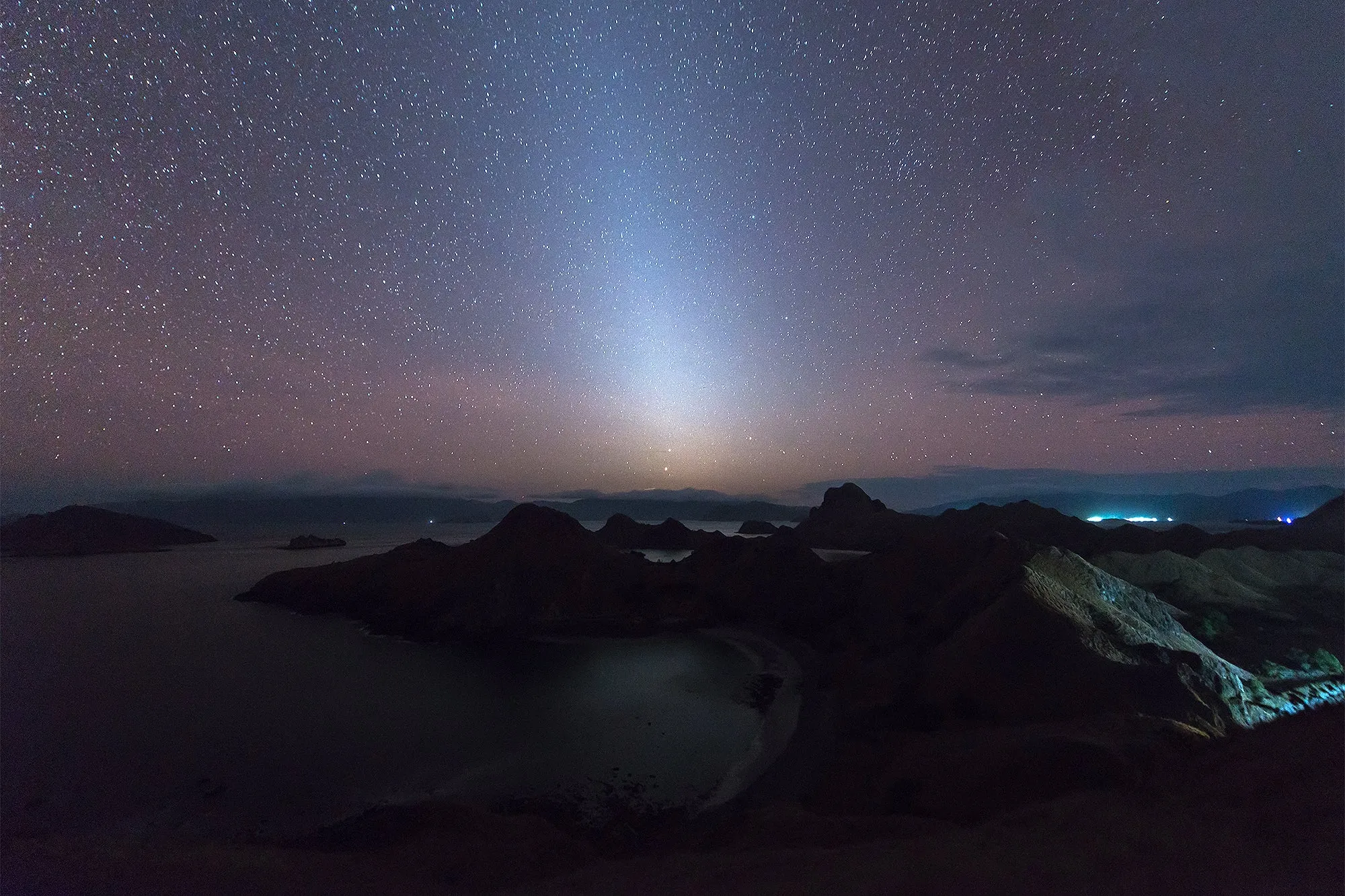How Dark Is the Night Sky? Understanding Light Pollution

Light Pollution: A Growing Concern
How dark is the night sky? The answer might surprise you. In urban areas, light pollution from street lamps, buildings, and vehicles creates a persistent glow that overshadows celestial bodies. This phenomenon not only obscures our view of the stars but also has profound effects on wildlife and human health.
Factors Contributing to Light Pollution
- Urbanization: As cities grow, so does the demand for artificial lighting.
- Street Lighting: Traditional street lamps contribute significantly to the night sky brightness.
- Commercial Properties: Neon signs and illuminated advertisements add to light spill.
The Effects of Light Pollution
- Impairs astronomical research.
- Disrupts ecosystems and wildlife behavior.
- Can lead to sleep disorders in humans.
Understanding the impact of artificial light helps us appreciate the natural beauty of a dark sky. Initiatives promoting dark sky reserves aim to restore nighttime environments, enhancing both the beauty of our universe and our connection to it.
This article was prepared using information from open sources in accordance with the principles of Ethical Policy. The editorial team is not responsible for absolute accuracy, as it relies on data from the sources referenced.